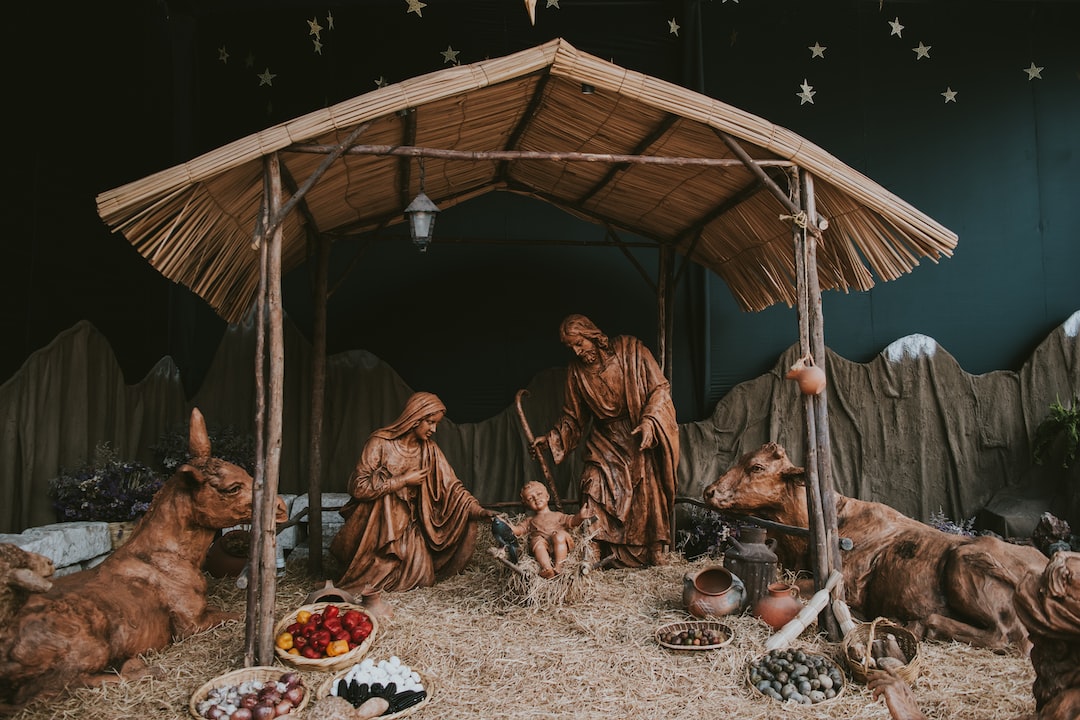The Intersection of Religion and Politics: Examining the Relationship
Religion and politics, two highly influential and deeply rooted institutions, have always been intertwined throughout history. From the days of ancient civilizations to modern times, the intersection of these two powerful forces has shaped societies, influenced decision-making processes, and occasionally led to conflicts. In this blog post, we will explore the relationship between religion and politics, examining its complexities, challenges, and implications for today’s world.
To fully grasp the intertwining of religion and politics, it is essential to understand the nature and functions of both. Religion serves as a moral compass, providing guiding principles and values that shape individual and collective behavior. It offers a sense of identity, purpose, and belonging to its adherents. Likewise, politics encompasses the organization and exercise of power, the making of collective decisions, and the establishment of governance systems that govern our societies.
Throughout history, rulers and political leaders have recognized the significant influence that religion holds over the masses. They have sought to harness this influence to legitimize their authority and consolidate their power. Religion, by virtue of its moral authority, can shape public opinion, mobilize support, and even offer divine endorsement to political actors. The marriage of religion and politics has often resulted in a symbiotic relationship, with rulers using religion to gain political legitimacy, while religious leaders have used political power to enforce their religious doctrines.
One cannot discuss the intersection of religion and politics without acknowledging the potential pitfalls. When religion becomes intertwined with the state, it can lead to theocracy, an authoritarian form of governance where religious doctrines dictate political decisions. Theocratic systems have historically restricted personal freedoms, oppressed minority groups, and suppressed dissenting voices under the guise of religious conformity. Examples can be seen in the Taliban regime in Afghanistan or the authoritarian rule of ayatollahs in Iran.
Moreover, religious conflicts and fundamentalism can arise when differing religious beliefs collide within political contexts. Numerous conflicts throughout history, from the Crusades to the Israeli-Palestinian conflict, have demonstrated the destructive consequences of religious divisions within political landscapes. These conflicts illustrate how religion can exacerbate existing political tensions and create further divisions among societies.
However, it is important to note that the relationship between religion and politics is far from solely negative and can also bring positive contributions. Religious organizations, motivated by their moral convictions, often serve the underprivileged, engage in charitable work, and advocate for social justice. Religious leaders can act as advocates for peace, encourage dialogue, and provide moral guidance during times of crisis.
Furthermore, for many individuals, religious beliefs serve as a source of ethical values that can inform political decisions. Religious principles have played a significant role in various movements advocating for social justice and human rights, such as the Civil Rights Movement led by Martin Luther King Jr. or the anti-apartheid movement in South Africa guided by Desmond Tutu.
In recent times, the intersection of religion and politics has become increasingly complex due to factors such as globalization, multiculturalism, and the rise of secularism. As societies become more diverse and pluralistic, the challenge lies in striking a balance between respecting religious freedom and ensuring a secular framework that upholds equality and non-discrimination.
One of the significant challenges in navigating the relationship between religion and politics is avoiding the manipulation of religious sentiments for political gain. Politicians often exploit religion for electoral purposes, using rhetoric that appeals to religious sentiments without genuinely addressing the concerns and needs of religious communities. This manipulation can further divide societies, deepen intolerance, and hinder the pursuit of genuine social and political progress.
In conclusion, the relationship between religion and politics is a complex and multifaceted one. While religion can provide a moral compass and a sense of identity, it also has the potential to be exploited for political gain and contribute to conflicts. The challenge lies in finding ways to harness the positive contributions of religion while maintaining a delicate balance that respects religious freedom within a secular framework. By fostering dialogue, promoting mutual respect and understanding, and encouraging a separation between religion and state, societies can navigate the intersection of religion and politics in a way that upholds human rights, equality, and social progress.

